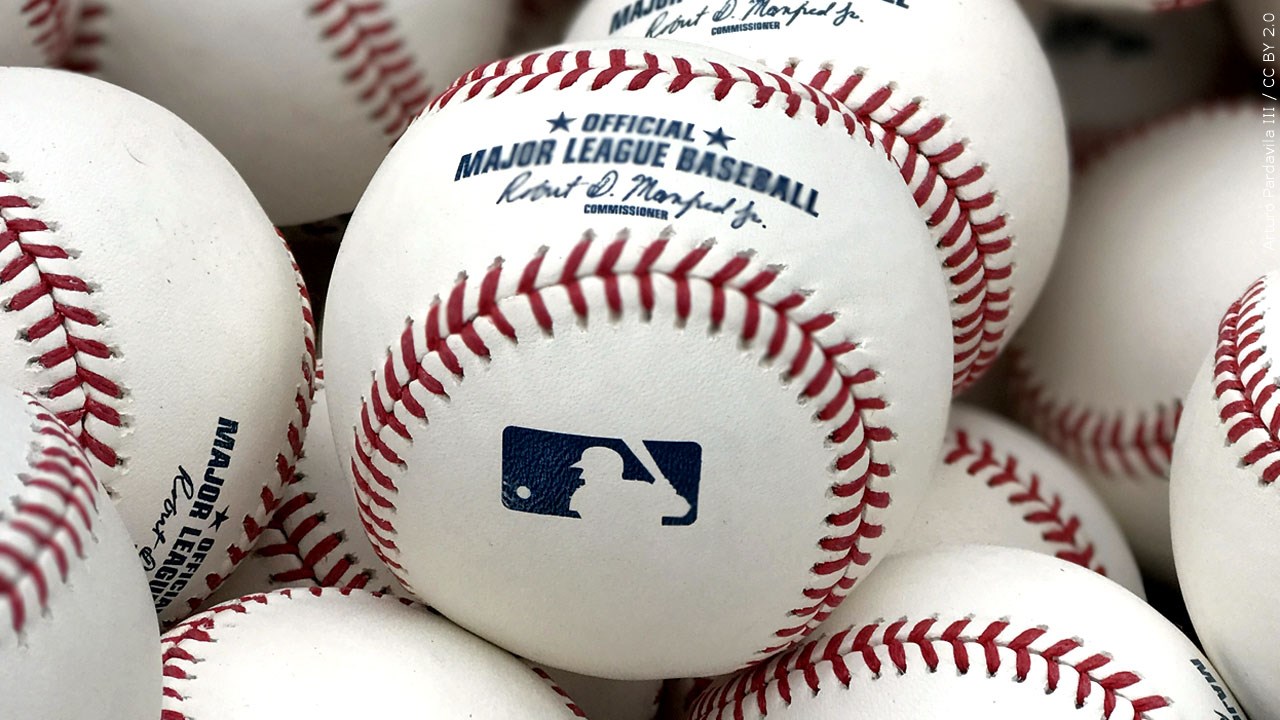
Jeff Kent overcame differences to lead an illustrious baseball career
SUNSET BEACH, Calif. — Jeff Kent, born on March 7, 1968, grew up in Huntington Beach, near Sunset Beach. Jeff’s father, Eric Kent, introduced him to basketball from an early age when taking him to watch LA Dodgers. When Jeff wasn’t on the baseball field, he could be found whizzing across tarmacs on a motorcycle, in hot pursuit of his fathers’ footsteps. Why? Well, Alan was a motorcyclist police officer who competed in California motor sports competitions.
The recipe for Jeff’s success had been long in the making. Alan’s demanding parenting and no-nonsense character certainly shaped the resilience Jeff displayed during his career.
“I don’t mind being a perfectionist,” Alan said in an interview with The New York Times. “That’s what I taught Jeff – do the job right first time around.”
After Jeff graduated from Edison High School, Huntington Beach, in 1986, his relentless nature and dedication to learning new skills helped the former LA Dodgers star become a highly established powerful hitter and a dominating pitcher. Jeff’s largest setback occurred when his high school coach, Ron LaRuffa, requested Jeff’s omission from the team during the senior season due to an “attitude problem.”
“We couldn’t come to an agreement of what was expected of him and what he expected,” LaRuffa told The Los Angeles Times. Unable to secure a baseball scholarship, Jeff’s breakthrough came when the University of California at Beverley accepted him based on academics.
Several months into Jeff’s first year at college, University of California coach, Bob Milano, handed him a place as a walk-on. Jeff repaid the faith in his manager, scoring a college-record 25 doubles. His efforts earned him a partial scholarship and qualification for the College World Series in 1988. The next year failed to live up to expectations, with differences between Jeff and his manager creating tension in the locker room.
By 1989, Jeff was eligible for the Major League draft, leaving University of California when he was drafted in the 20th round to the Toronto Blue Jays. For three years, Jeff worked his way through the Blue Jays’ ranks. His professional career began as third baseman for St Catherines Blue Jays in the Class A New-York Pennsylvanian League. He batted 0.224 in 73 games, with a league-topping 13 home runs.
With the Blue Jays in 1990, Jeff took his attacking and defensive game to new heights. Playing 132 games at second base, Kent batted 0.277 with 124 hits and 16 home runs. He even topped the Florida State League with 404 assists and 261 putouts.
Progressing to the Double-A Knoxville Blue Jays in 1991, in 139 games, Jeff hit 0.256 while helping his side to 68 runs, 114 hits and 25 stolen bases. The upward trajectory continued for Toronto’s new star when Jeff was invited to the Toronto Blue Jays’ training session in 1992. His determination to learn from older players, versatility to play four infield positions and his large swinging bat set him apart from his colleagues. Making his Major League debut on April 12, 1992, Jeff’s first huge shot was a double to left center in the SkyDome. Four months later, Jeff was starting nearly every game at third base. By the end of August 1992, Ryan Thompson and Jeff were traded to the New York Mets in exchange for star pitcher David Conre.
With the New York Mets, Jeff didn’t have the best of times, batting 0.239 during the final five weeks of the 1992-93 season. Jeff’s teammates chose to prank him by replacing his clothes with Lindsey Nelson’s, the New York Met’s broadcaster. Jeff was far from amused and found it unnecessary to be pranked again, having experienced this previously with Toronto.
Overall, Jeff experienced a rollercoaster ride at New York and his four-year spell came to an end in 1996. That year, Jeff switched from second to third base to eradicate his mistakes. He batted a much improved 0.290 but scored a lowly nine home runs before being traded alongside Jose Vizcaino to the Cleveland Indians for Carlos Baergo.
Jeff remained with Cleveland for just one season, where he only played 39 games. The following season, he joined the San Francisco Giants where he spent five years. In 1999, Jeff hit for the cycle for San Francisco, achieving 5-for-5 with four runs batted to become their first player in eight years to do so. That summer, San Francisco’s new star became their only representative in an All-Star match in Boston. The following year, Jeff topped this achievement with the NL West title, but San Francisco lost out 3-1 to Jeff’s former side New York Mets.
This bittersweet season played a key part in Jeff’s desire to achieve more accolades. He achieved his second consecutive Silver Slugger Award in 2001 after hitting 49 doubles, a personal-career record. Fast-forward several years, and Jeff began experiencing muscle and hamstring troubles. Determined to give his all for LA Dodgers, Jeff batted over 0.300 to help the side finish fourth in the NL.
Retiring in 2009, Jeff called time on an illustrious 16-year professional career that includes an NL MVP award, three Silver Slugger Awards and a place on San Francisco’s Wall of Fame.
This is an unedited user writing submission. The views, information, or opinions expressed in this article are solely those of the author and do not necessarily represent those of Best Version Media or its employees.



